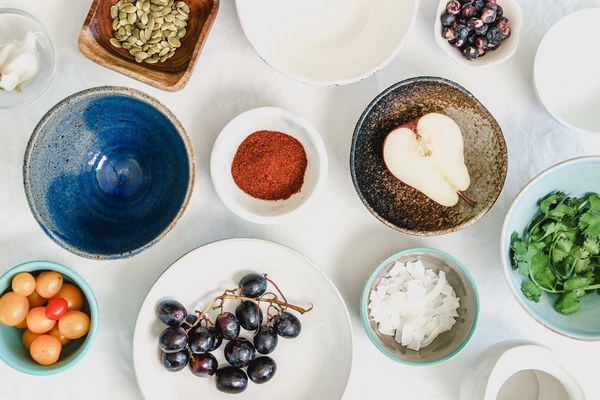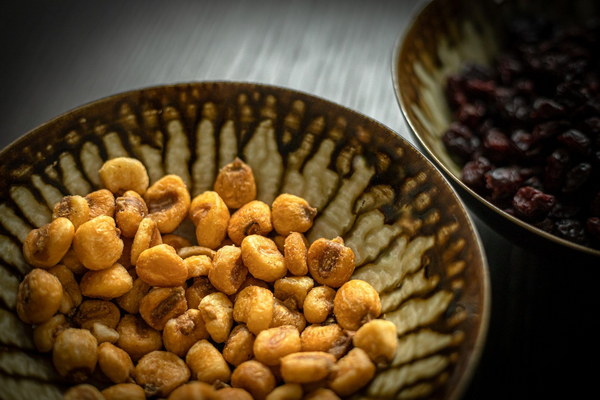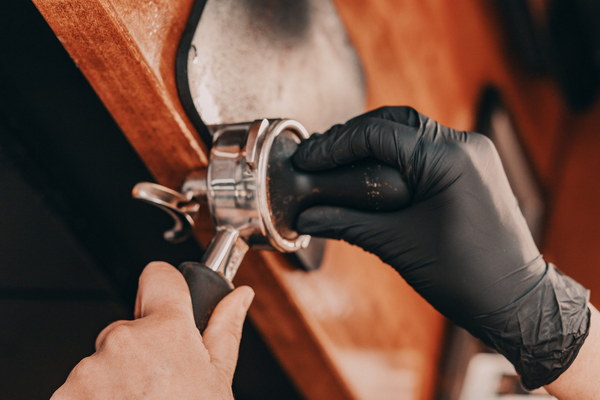The Art of Self-Care How Doctors Rejuvenate and Preserve Their Health
In the fast-paced world of medicine, where the lives of countless patients hang in the balance, doctors often find themselves neglecting their own well-being. Yet, the health and vitality of medical professionals are crucial for the delivery of quality healthcare. This article delves into the art of self-care for doctors, highlighting the importance of rest and rejuvenation in their daily lives.
1. Prioritizing Sleep

Sleep is the cornerstone of good health, and doctors must make it a priority. A lack of sleep can impair cognitive function, judgment, and emotional regulation, which are essential for providing effective medical care. To ensure adequate rest, doctors can establish a consistent sleep schedule, create a conducive sleep environment, and practice relaxation techniques such as meditation or deep breathing exercises.
2. Incorporating Exercise into the Daily Routine
Physical activity is not only beneficial for maintaining a healthy weight but also for reducing stress and improving mental health. Doctors can incorporate exercise into their daily lives by taking short walks during lunch breaks, using the stairs instead of the elevator, or participating in group fitness classes after work. Engaging in activities they enjoy, such as yoga, swimming, or cycling, can make exercise more enjoyable and sustainable.
3. Eating a Balanced Diet
A well-balanced diet provides the necessary nutrients to support overall health and well-being. Doctors should focus on incorporating a variety of fruits, vegetables, whole grains, lean proteins, and healthy fats into their meals. It's also essential to stay hydrated by drinking plenty of water throughout the day. By making conscious choices about their diet, doctors can ensure they have the energy and vitality to face the challenges of their demanding careers.
4. Setting Boundaries
One of the most challenging aspects of being a doctor is maintaining a work-life balance. It's crucial for doctors to set boundaries and establish clear limits regarding their work responsibilities. This may involve setting specific work hours, taking regular breaks during their shifts, and not taking work home. By establishing boundaries, doctors can protect their mental and physical health and avoid burnout.
5. Seeking Support and Mentorship
The journey of being a doctor can be isolating and stressful. Seeking support from peers, mentors, or mental health professionals can provide valuable guidance and emotional support. Joining professional organizations or attending conferences can also offer opportunities for networking and learning from colleagues who face similar challenges.
6. Practicing Mindfulness and Stress Management
Mindfulness and stress management techniques can help doctors stay grounded and maintain their mental and emotional well-being. Practices such as mindfulness meditation, deep breathing exercises, and journaling can help reduce anxiety and improve resilience. Additionally, doctors can explore activities such as art therapy or music therapy to express their emotions and find inner peace.
7. Cultivating Hobbies and Interests
Doctors should make time for hobbies and interests that bring them joy and fulfillment. Engaging in activities outside of their professional lives can help reduce stress and improve their overall quality of life. Whether it's reading, gardening, cooking, or volunteering, cultivating hobbies can provide a sense of balance and purpose.
In conclusion, the art of self-care is an essential aspect of a doctor's life. By prioritizing sleep, incorporating exercise, eating a balanced diet, setting boundaries, seeking support, practicing mindfulness, and cultivating hobbies, doctors can ensure they maintain their health and well-being. Remember, a healthy doctor is a better doctor.









